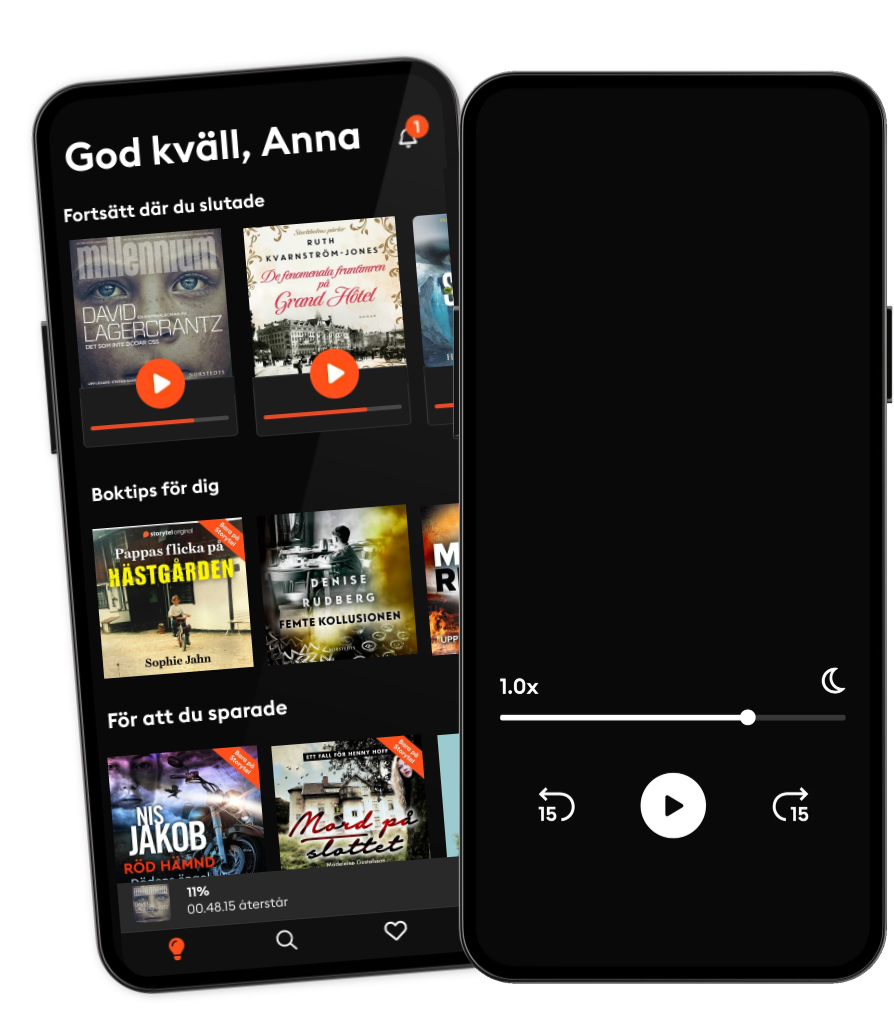Why am I good at jigsaw puzzles?
- Av
- Episod
- 417
- Publicerad
- 7 dec. 2024
- Förlag
- 0 Recensioner
- 0
- Episod
- 417 of 437
- Längd
- 33min
- Språk
- Engelska
- Format
- Kategori
- Fakta
For their fans, jigsaw puzzles are a satisfying challenge, a focus, a chance to put everything else aside for a moment and be creative. But for other people they’re a frustrating jumble of random shapes and colours, a pointless task which is best left in the box. CrowdScience listener Heather is definitely a fan. She loves doing jigsaw puzzles and she wants to know why some people are so good at them. What skills do you need to find a pattern amongst all those shapes and colours? How do our brains, eyes and hands assemble the fragments into the finished article? And why do we enjoy doing them anyway? Presenter Alex Lathbridge puts together the pieces to answer Heather’s question. He sits down to work on a jigsaw with Sarah Mills, the ten-times UK jigsaw puzzling champion (yes... competitive jigsaw puzzling really is a thing!) As he watches Sarah complete the puzzle at lightning speed he gets a few of her top tips. So what’s going on in our brains when we’re doing a jigsaw puzzle? How do we recognise and process colour and shape? Prof Mark Mattson from Johns Hopkins University in the USA has the answer. And it’s all to do with a little seahorse-shaped part of the brain called the hippocampus.
Alex also explores the effect of jigsaws on our brains with neuropsychologist Dr Patrick Fissler. He’s carried out research to investigate the benefits of jigsaw puzzles on our brains as we grow older.
Both listener Heather and ten-times-champion Sarah seem to be better at jigsaws than Alex is. So, based on that sample size of three, women are superior puzzlers compared to men! But has anybody actually cast the net wider to see if that’s really the case? Alex talks to Daniela Aguilar from the University of Lethbridge in Canada about her study to investigate exactly that – and she reveals the results. Heather’s also wondering if any other species enjoy puzzles. And it seems they do! Alex meets Dr Cody McCoy from the University of Chicago to find out about the optimistic, tool-using crows of New Caledonia. From crows to competitive puzzlers, it seems we all relish a challenge!
Presenter: Alex Lathbridge Producer: Jeremy Grange Editor: Cathy Edwards Studio Manager: Bob Nettles Production Co-ordinator: Ishmael Soriano
Lyssna när som helst, var som helst
Kliv in i en oändlig värld av stories
- 1 miljon stories
- Hundratals nya stories varje vecka
- Få tillgång till exklusivt innehåll
- Avsluta när du vill

Andra podcasts som du kanske gillar...
Svenska
Sverige